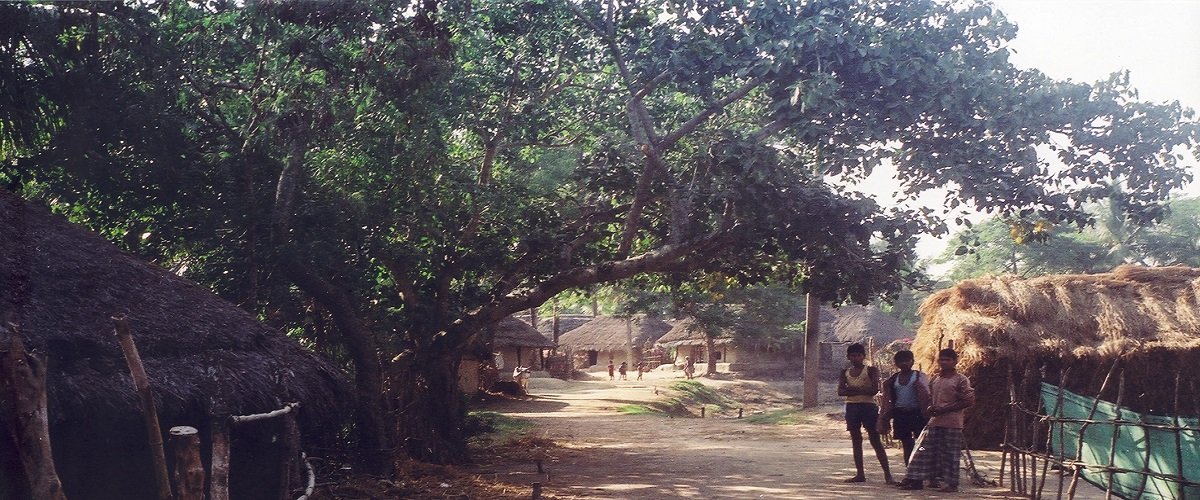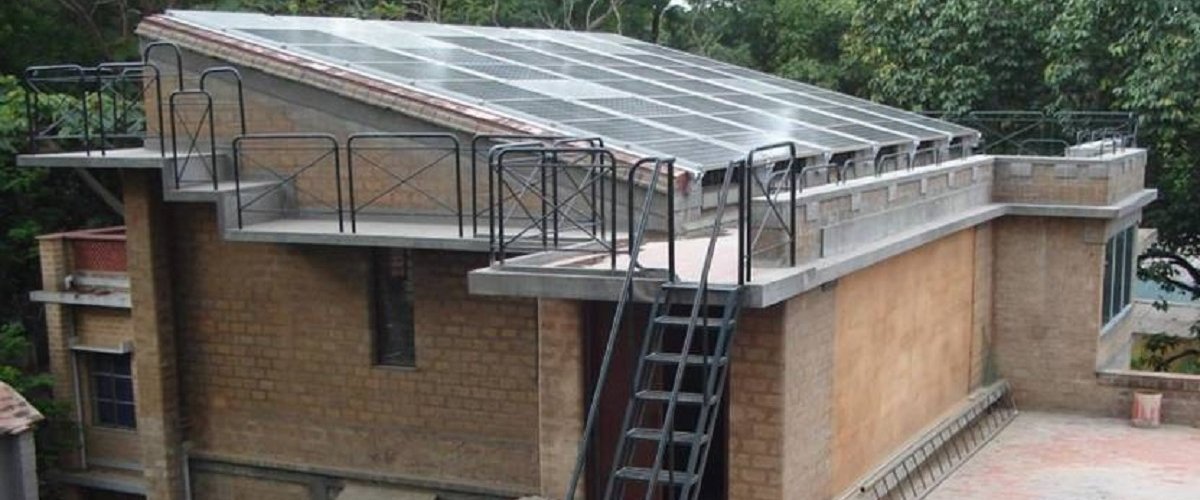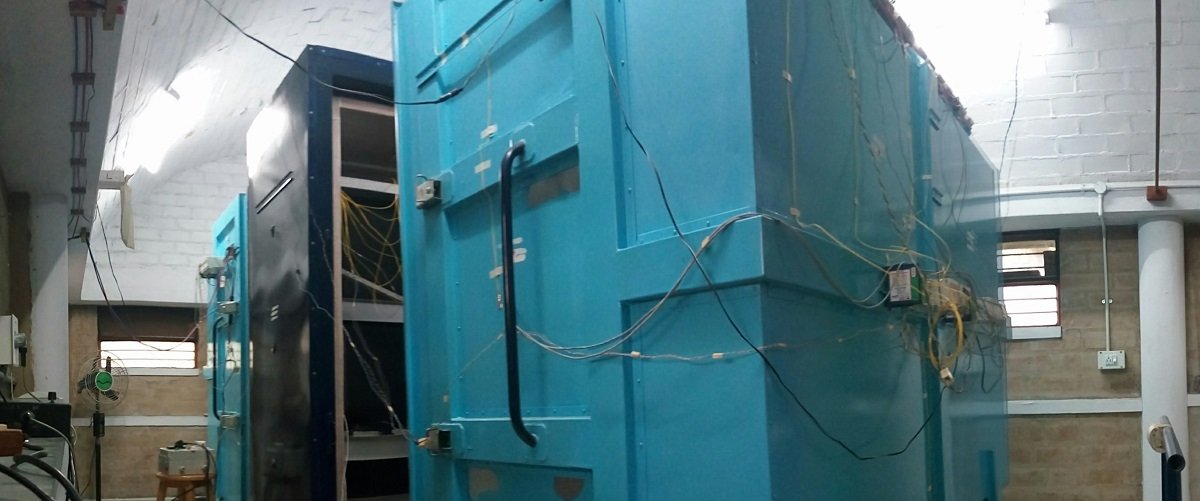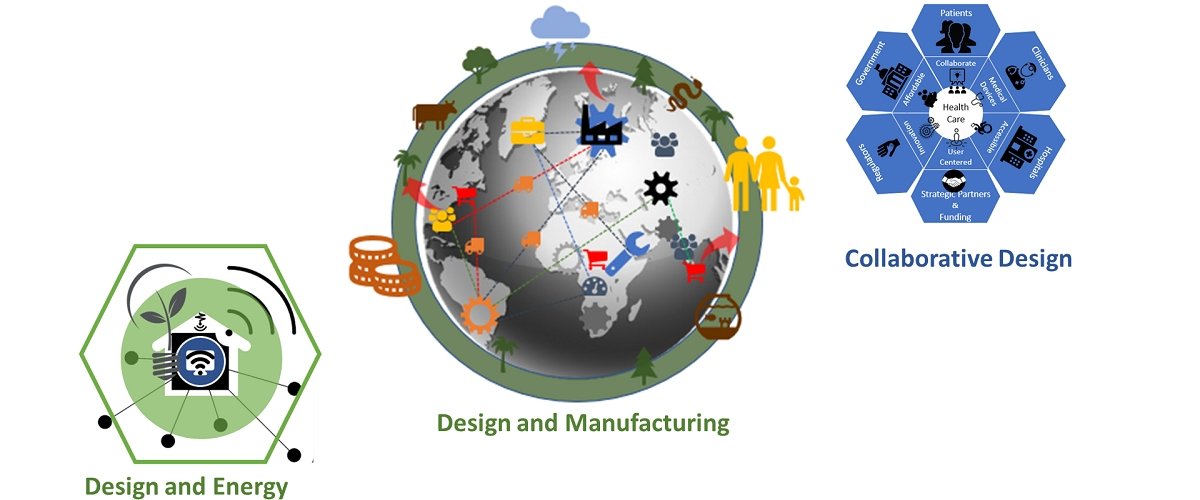..design for continuity, simplicity and prosperity...
Sustainability Science
Our research deals with Sustainability science, an interdisciplinary domain, focusing both on its theoretical basis, and application in architecture (buildings) and design. Our Sustainability and Design lab (SuDesi since 2009) comprises multi-disciplinary researchers working since 2005 on diverse areas of sustainability dealing with buildings, renewables, product design and manufacturing. The lab has its ethos firmly grounded in simplicity, effectiveness and ingenuity.
Buildings
Research involves functional (climate responsive) performance in various climatic zones, focusing on vernacular and conventional buildings (and materials), PV integration and smart buildings (including design aid for sensor integration). Sustainability challenges being addressed include climate-change vulnerability assessment, life-cycle energy assessment and modern transitions. Focus is predominantly on experimental investigation, augmented with simulation-based models, including the use of state of the art BIPV and HotBox experimental facilities.
Design
Design, in nature and modern society, both as products and buildings, reflects the aspirations, values, skill, diversity, evolutionary advancement and cultural maturity, characterised in the living environment. Simplicity has been the trait of successful and surviving designs. Design has also transformed and shaped both nature and society, and is a powerful means (and end) for evolution, transformation and progression to sustainability. Besides cutting edge research into design and buildings, our lab pursues design aimed at empowerment and livelihood security, by scientifically addressing various societal challenges keeping in mind environmental vitality and economic viability.
Manufacturing
Designing and manufacturing products comprises a globally distributed network, which needs to be carefully discerned to assess sustainability characteristic to various geographies. Current research aims to develop effective measures, based on a strong interdisciplinary systems approach, for design and manufacturing early-stage decisions for sustainability. Focus involves a framework for assessing active impacts traceable to design and manufacturing, and circularity.




